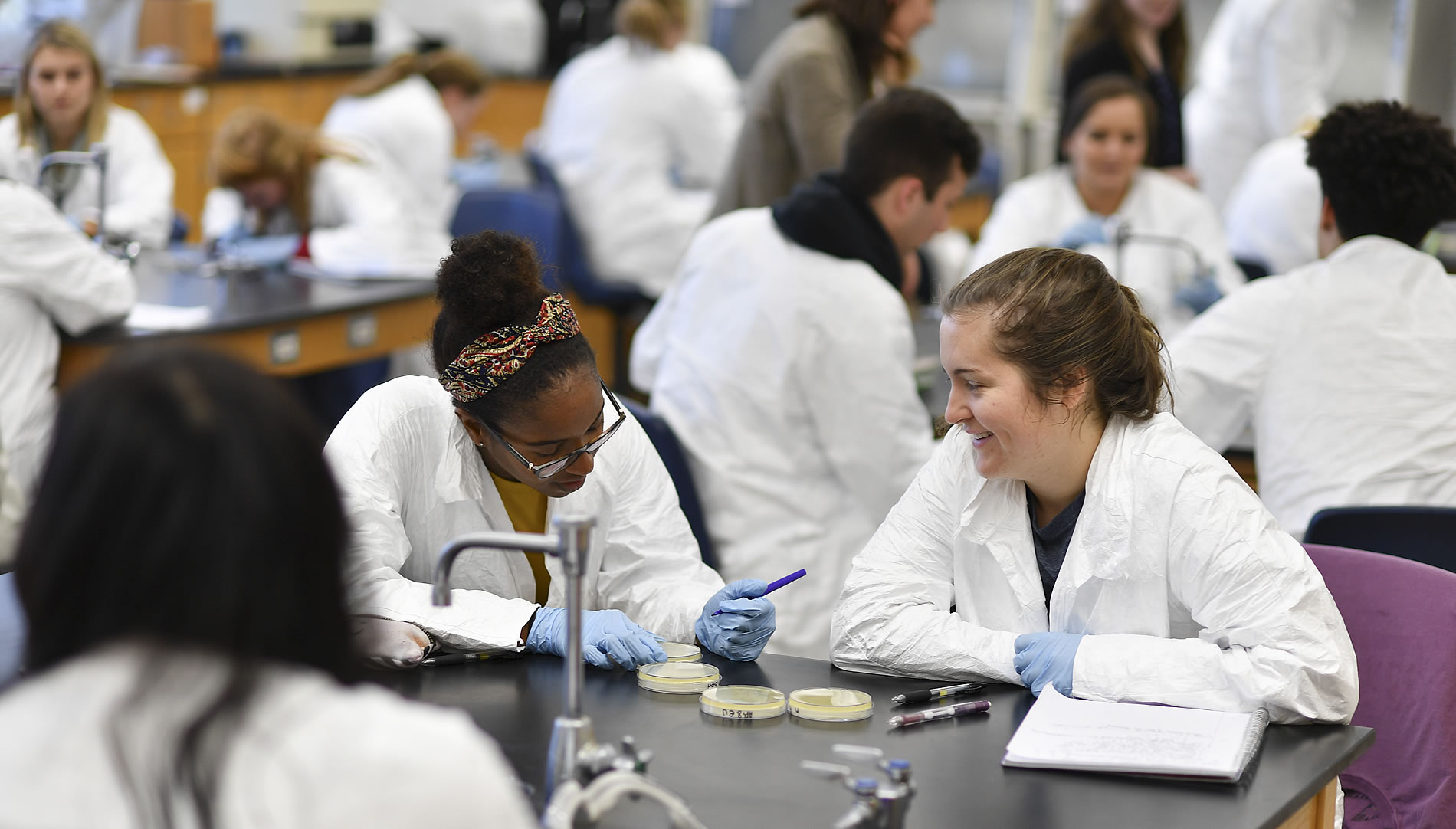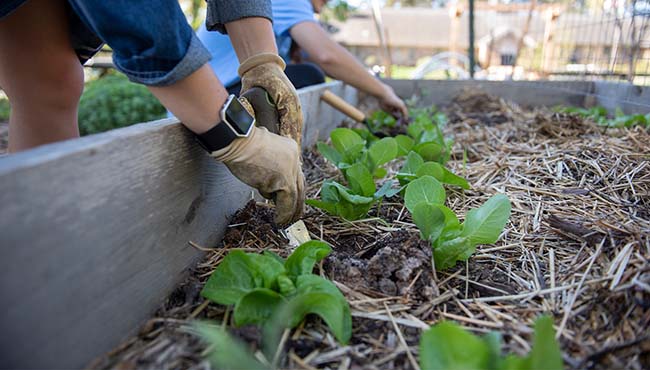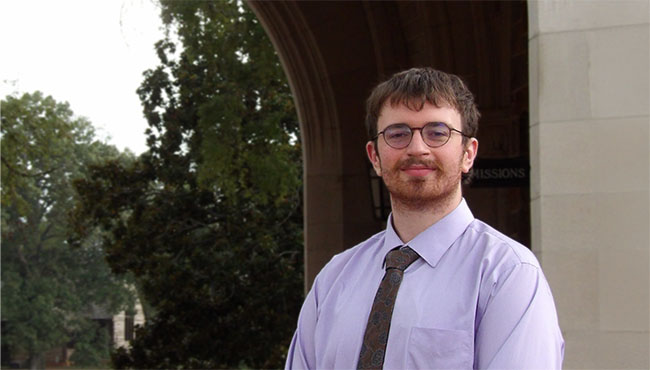As you may have heard, demand for healthcare workers is at an all-time high in the U.S. This trend is expected to continue for the next decade.
A recent study from the American Association of Medical Colleges highlighted the specific need for new doctors to enter the field in the coming years. The study found that “the United States could see an estimated shortage of between 37,800 and 124,000 physicians by 2034. This includes shortfalls in both primary and specialty care providers.”
Students graduating from medical school will find an abundance of quality job prospects. Knowing this, you may wish to attend medical school and pursue an M.D. degree. But for many students, the path from high school to medical school isn’t always clear. Traditionally, taking pre-medical studies as an undergraduate student is the straightest line from high school to graduate-level physician training. But what exactly are “pre-medical studies”? What does “pre-med” look like in college, and what can you expect from this course of study?
We’re here to answer these questions so you can decide if pre-med is right for you.
Is Pre-Med a Major?
Pre-medicine (often shortened to “pre-med”) is the common name for a series of undergraduate courses and extracurriculars designed to prepare students to enter medical school after graduation. It is not a major. As a pre-med student, you’ll attend classroom lectures, complete laboratory hours and participate in resume-building activities like doing scientific research, shadowing professionals and getting hands-on experience in the healthcare field. These courses and experiences provide the baseline understanding you’ll call upon to complete the Medical College Admission Test (MCAT) and the application process. There’s a lot to pack into four years, so it’s to your advantage to attend an institution with an engaged pre-health advisor who will guide you step-by-step through each semester.
If you follow the traditional route, you may major in biochemistry, chemistry or biology. Although challenging, double majoring in STEM and humanities can set you apart. Whatever your major, make sure it’s a subject you really care about. Want to know the top majors future physicians consider? We’ve got a blog post for that — and it may surprise you.
Pre-med studies also benefit students interested in becoming pharmacists, dentists, optometrists, physician assistants or physical therapists. In fact, some students who enter college focused on becoming physicians change their career track on learning about other healthcare professions. Getting an overview of healthcare professions through an introductory course allows you to meet with visiting care providers such as physicians, therapists, dentists, pharmacists and medical students. Their presentations provide an insider perspective on possible career paths. It is a good idea to use this opportunity to ask questions and learn all you can about the jobs you are considering. Interacting with these professionals also helps you build an invaluable network of mentors who can aid you on your journey.
Pre-Med Coursework: What to Expect
You may be wondering about specific courses included on the pre-med track. Most graduate-level healthcare programs will expect you to have taken the following classes:
- One year of biology with lab
- One year of general chemistry with lab
- One year of organic chemistry with lab
- One year of physics with lab
- At least one semester of biochemistry
- A math requirement (calculus, statistics or both)
- One year of English
Of course, these are just the foundational courses graduate schools require you to master before you apply. You may also explore related courses in cellular biology, immunology, genetics and biochemistry (to name just a few). The Princeton Review publishes a helpful checklist of courses, application requirements and test prep tips for students hoping to complete their pre-med studies and apply to medical school in four years.
Preparing for Medical School
Medical schools want to see that you have a foundational understanding of biology, chemistry and math. But admission officers are looking at more than just your transcript. Here are some outside-the-lecture-hall must-dos when preparing for medical school.
Laboratory Training
Lab training is an essential part of any pre-med track. You’ll find that hands-on laboratory work comes packaged with the coursework in biology, general chemistry, organic chemistry, biochemistry and physics. New to lab work? Don’t worry. Like any skill, laboratory techniques are learned through hands-on experience under the guidance of professionals. Something to consider: If you attend a small liberal arts college, you’ll receive coaching from science faculty from day one as opposed to graduate assistants at large state universities.
Undergraduate Research
A strong pre-med program will give you the opportunity to assist in scientific research. Hands-on research experience is an important part of undergraduate training. It’s advisable to consider programs where you can do side-by-side research with faculty — as early as your first year. Experiences like these can lead to internships in medical research plus opportunities to co-author studies and present findings at industry and academic conferences.
Outside-the-Classroom Experience
There are many specializations you may consider as you move toward medical school. And it is never too early to think about what kind of doctor you’d like to become. That’s why it is important to observe physicians of all kinds applying their skills in the field. Work-study programs are a feature of many pre-med programs. These opportunities provide you with a close-up view of the day-to-day work being done by doctors in various areas of medicine. You might want to shadow a general practitioner, assist with medical research or inquire about observing surgery (to make sure you have the stomach to become a surgeon!).
Test Prep and Application Assistance
For better or worse, getting into medical school comes down to your performance on the MCAT and your program application. Part of your pre-med workload will be dedicated to preparing for the MCAT (test taking is a skill!) and making sure your application materials are in order. Research pre-med programs to see where you’ll receive guidance on crafting your personal statement and answering essay questions. Requirements vary among medical schools. If you’re asked to interview, you’ll want to access a network of pre-med mentors (pre-health advisor, pre-health committee and peer advisors) to help you cross the finish line.
A Liberal Arts Education Can Give You a Competitive Edge
A pre-med course of study focuses on nuts-and-bolts science training. This knowledge is necessary for any student hoping to enter medical school (you’ll need it to pass the MCAT, after all). But it takes more than a grounding in the sciences to be a great physician. In fact, a biology major is not the only path for undergraduate students to take to get into medical school. Majoring or minoring in liberal arts areas like philosophy, sociology and religion can prepare you for the all-important human side of medicine. Balancing science requirements with readings for your philosophy major might require careful planning, but medical school admissions officers are always interested in well-rounded students.
What’s Next?
Still interested in a pre-med course of study? PrepScholar shares several ways that you can prepare for pre-med undergraduate work while still in high school. If you’re interested in a career in healthcare, but not sure you want to be a physician, read our blog post 15 Types of Allied Health Professionals and What They Do.



